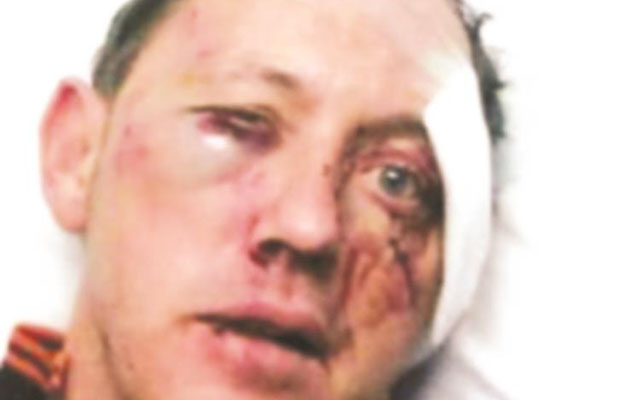Domestic violence against men: The facts

 Dr Sacrifice Chirisa Mental Health Matters
Dr Sacrifice Chirisa Mental Health Matters
While the majority of domestic violence victims are women, abuse of men is quite common. Typically, men are physically stronger than women but that does not necessarily make it easier to escape the violence in the relationship. An abused man faces scepticism from police, and major legal obstacles, especially when it comes to gaining custody of his children from an abusive mother.
If you are a man in an abusive relationship, it is important to know that you are not alone. It happens to men from all cultures and all walks of life. Studies suggest that as many as one in three victims of domestic violence are male. However, men are often reluctant to report abuse by women because:
- They feel embarrassed
- They fear they will not be believed
- Police will assume that since they are male they are the perpetrator of the violence
An abusive wife or partner may:
- Hit,
- Kick
- Bite,
- Punch,
- Spit,
- Throw things
- Destroy your possessions.
To make up for any difference in strength, she may attack you while you are asleep or otherwise catch you by surprise. She may also use a weapon, such as a gun or knife, or strike you with an object, abuse or harm your pets.
Domestic abuse is not limited to violence. It may include verbally abuse you:
- Belittle you, or humiliate you in front of friends, colleagues, or family, or on social media sites.
- Be possessive, act jealous, or harass you with accusations of being unfaithful.
- Take away your car keys try to control where you go and who you see.
- Make false allegations about you to your friends, employer, or the police, or find other ways to manipulate and isolate you.
- Threaten to leave you and prevent you from seeing your kids if you report the abuse.
Why men do not leave
- You may feel that you have to stay in the relationship because:
- You want to protect your children. You worry that if you leave your spouse will harm your children or prevent you from having access to them.
- You feel ashamed. Many men feel great shame that they’ve been beaten down by a woman or failed in their role as protector and provider for the family.
- Your religious beliefs dictate that you stay or your self-worth is so low that you feel this relationship is all you deserve.
- You are in denial. Denying that there is a problem. Believing that you can help your abuser or she may have promised to change.
This subject of male abuse is linked to increased risk of mental and psychological problems. These range from depression to alcohol and substance abuse.
This is a delicate situation and needs professional marital and family therapy. In some cases the partner might need treatment like anger management or even medication that decrease the likelihood of violence. Worst case scenario, a separation might be the answer. However, every relationship deserves to be given a change with professionals.
- Dr S. M. Chirisa is a passionate mental health specialist who holds an undergraduate medical degree and postgraduate master’s degree in psychiatry, both from the University of Zimbabwe. He is currently working as a Senior Registrar in the Department of Psychiatry at Parirenyatwa Group of Hospitals and is also the current national treasurer of the Zimbabwe Medical Association (ZiMA). He can be reached at [email protected]








Comments